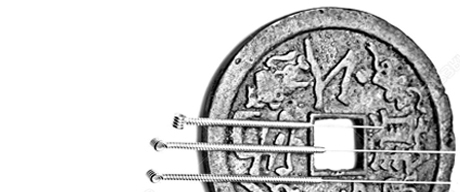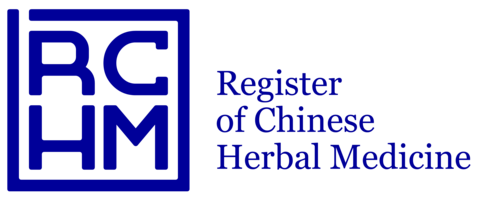
Traditional acupuncture* is one of the complementary practices that makes up the system of Chinese Medicine (CM). Members of the RCHM typically have a degree-level qualification in acupuncture, as well as a post-graduate qualification in Chinese herbal medicine.
A treatment with a well-tested reputation for safety, acupuncture uses hair-fine needles to stimulate specific points on the body to affect change. In CM this process is thought to encourage a healing response, with points chosen according to the practitioner's diagnosis of the blockages or imbalances that might underlie a patient's symptoms.
* Traditional acupuncture differs from Western medical acupuncture (including dry needling), an adaptation of the Chinese tradition that relies on knowledge of anatomy and emphasises the principles of evidence-based medicine. This modern interpretation of acupuncture, however, lacks the sophisticated Traditional Chinese Medicine understanding of disease and the treatment of the whole individual.
Although there is evidence that the micro-trauma caused by the insertion of an acupuncture needle into the skin can trigger beneficial localised healing, the complete mechanism by which acupuncture works is still not fully understood. However, positive results from evidence-based research into its effectiveness in treating particular conditions have meant it's now increasingly recognised and accepted as beneficial by Western health professionals. Related treatments that an acupuncturist may suggest using include two that are thought to promote blood flow: moxibustion (burning a cone or stick made of ground mugwort leaves on or near an acupuncture point) and cupping (using small glass vessels to create suction on the skin).
Commonly asked questions
- What conditions can acupuncture be used to treat?
According to the World Health Organisation (WHO) acupuncture can be used to treat a wide variety of conditions. Your TCM practitioner will advise you about what aspects of your health he or she thinks may respond well to acupuncture – anecdotal evidence suggests it can be helpful for everything from depression to earache. However, there are some strong indications based on meta-analysis of randomised controlled trials that acupuncture is an effective treatment for nausea and vomiting, chronic back pain, migraine, neck pain, post-operative pain, knee osteoarthritis, fertility and IVF support.
- Can everyone be treated with acupuncture?
Acupuncture is a safe treatment for patients of any age, even babies.
- Is acupuncture safe?
Extensive surveys have found no significant adverse reactions, and the volume of unproblematic acupuncture treatments carried out in the UK every day confirms that it is an extremely low-risk procedure.
- Does acupuncture hurt?
The needles that practitioners insert into the skin are so fine that any discomfort you might feel (and you may well feel none!) is only slight. You'll probably feel only a tiny pricking sensation at the insertion site, and then something that feels like the combination of a very mild ache and slight numbness. Be reassured that most people find acupuncture treatments relaxing or energising rather than unpleasant, and often leave on a high.
- How long does a course of acupuncture treatment last?
If the problem you're bringing to your practitioner for treatment is new, you may only need two to five sessions before things improve; if it's been an issue over the longer term, it may take between six and 12 sessions to see a change. Treatments can be less frequent as your symptoms reduce, and after the problem is hopefully resolved, you should only require the occasional 'top up'.
- What does treatment with acupuncture cost?
There are no standard prices for treatment with acupuncture. What you are charged will depend on the practitioner, the part of the country you live in, and how many sessions might be needed overall – you should always ask about costs before booking your first appointment (discussing costs upfront is part of the RCHM's Code of Ethics, so any member practitioner should be happy to do so). Note that some health insurance companies now cover treatment with acupuncture, so contact your provider to check.
- I'm unhappy with my acupuncture treatment and want to make a complaint
If your practitioner is a member of the RCHM, we can pursue your concerns through our formal complaints procedure. We take any such complaints very seriously and can assure you that our Ethics Committee will deal with any brought to us in a fair, efficient and confidential manner.
Our complaints procedure only applies to members, so if your practitioner is not a member of the RCHM, we are limited as to what we can do. We can suggest, though, that depending on the sort of complaint you wish to make, you could:
* Contact the Trading Standards department of your local council
* Contact a solicitor for legal advice
* Contact your local Citizens Advice Bureau



